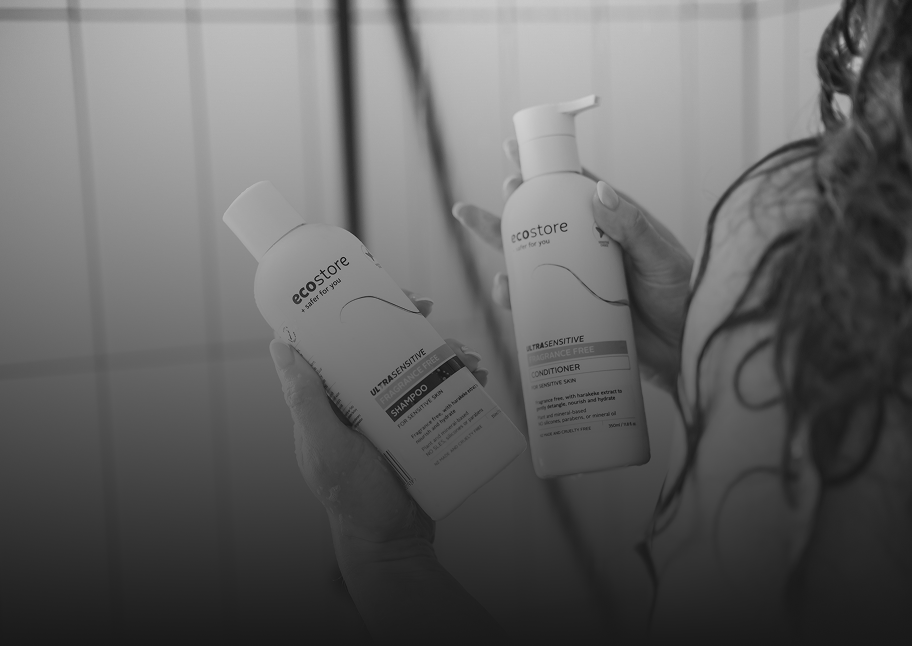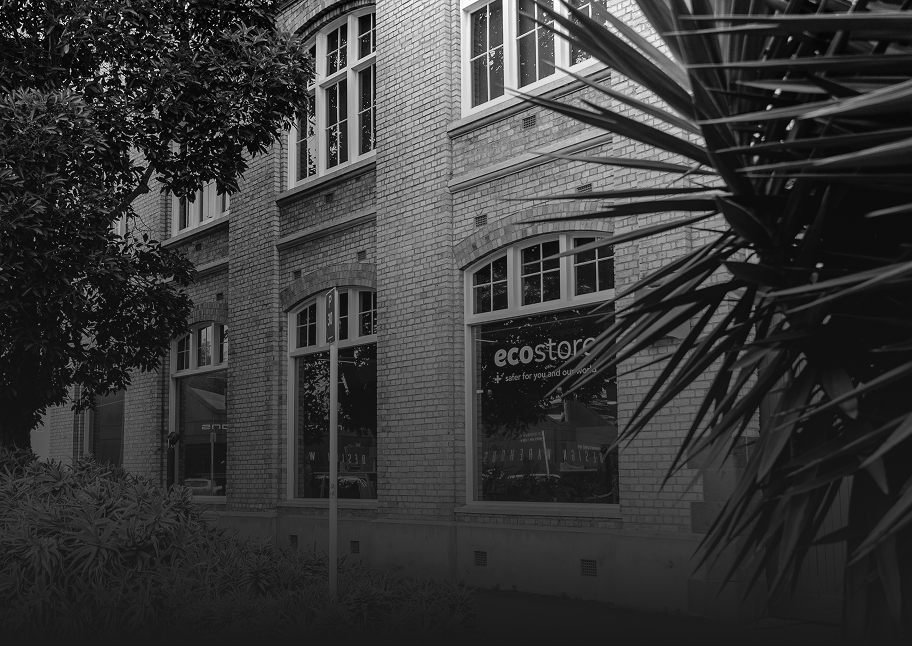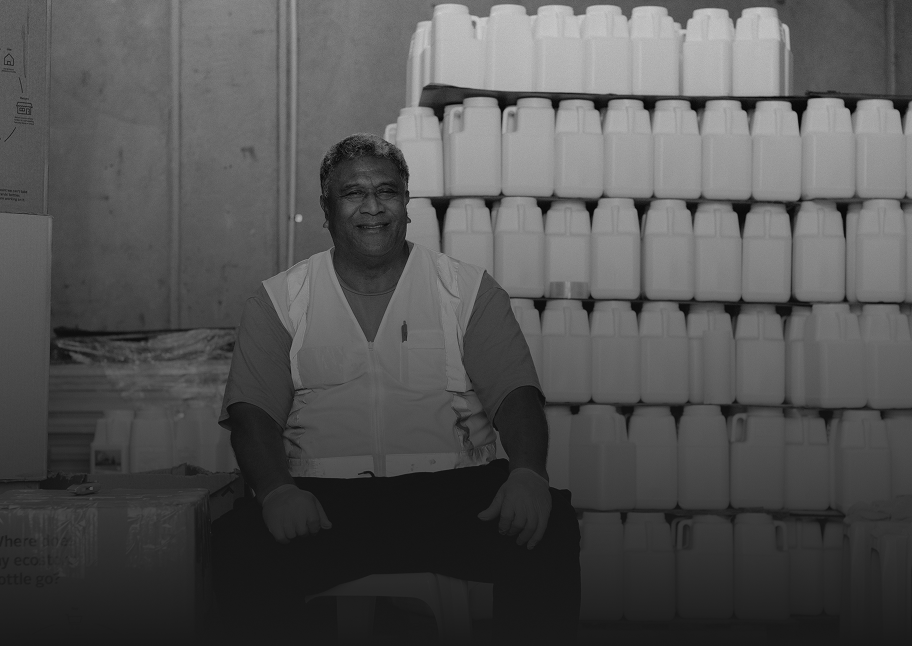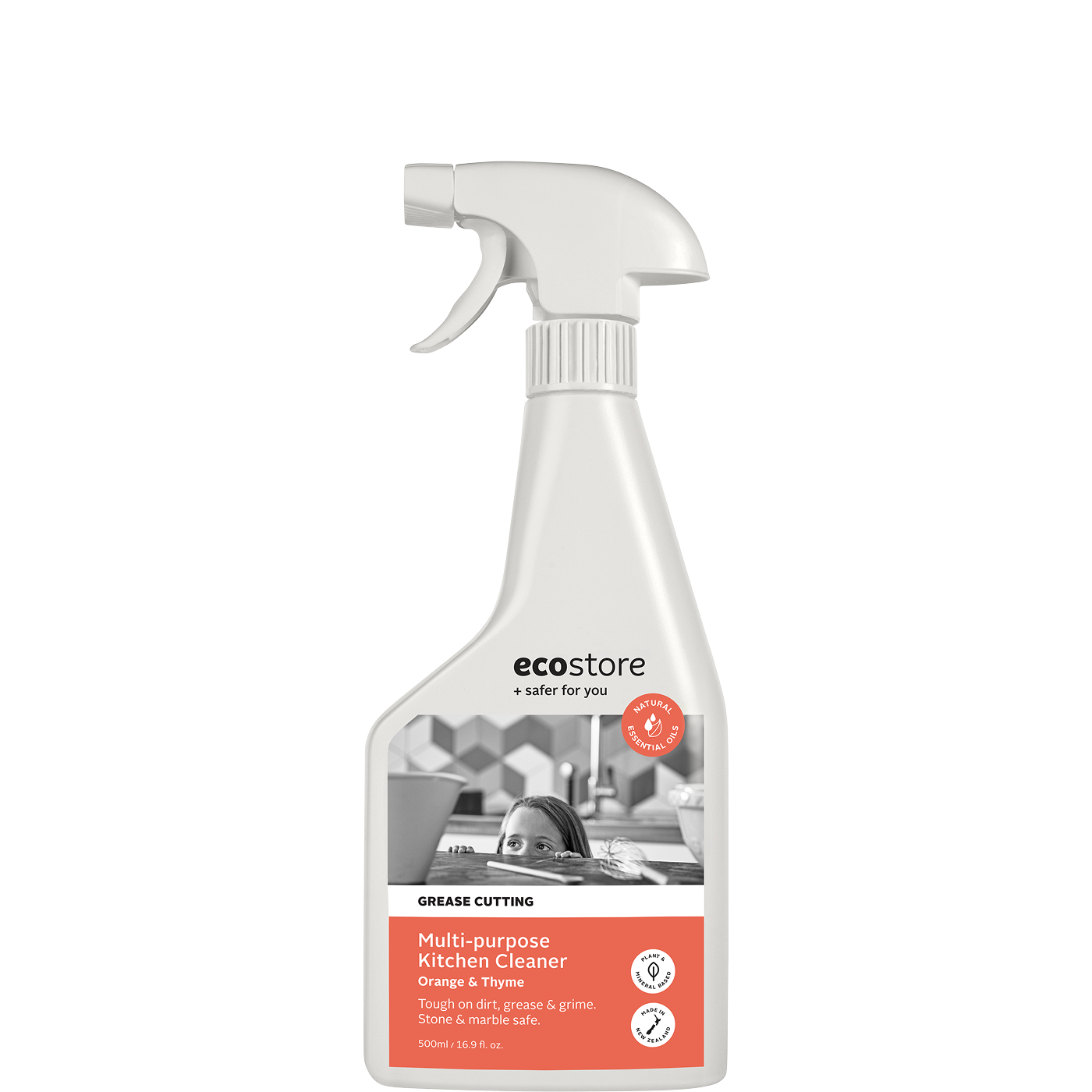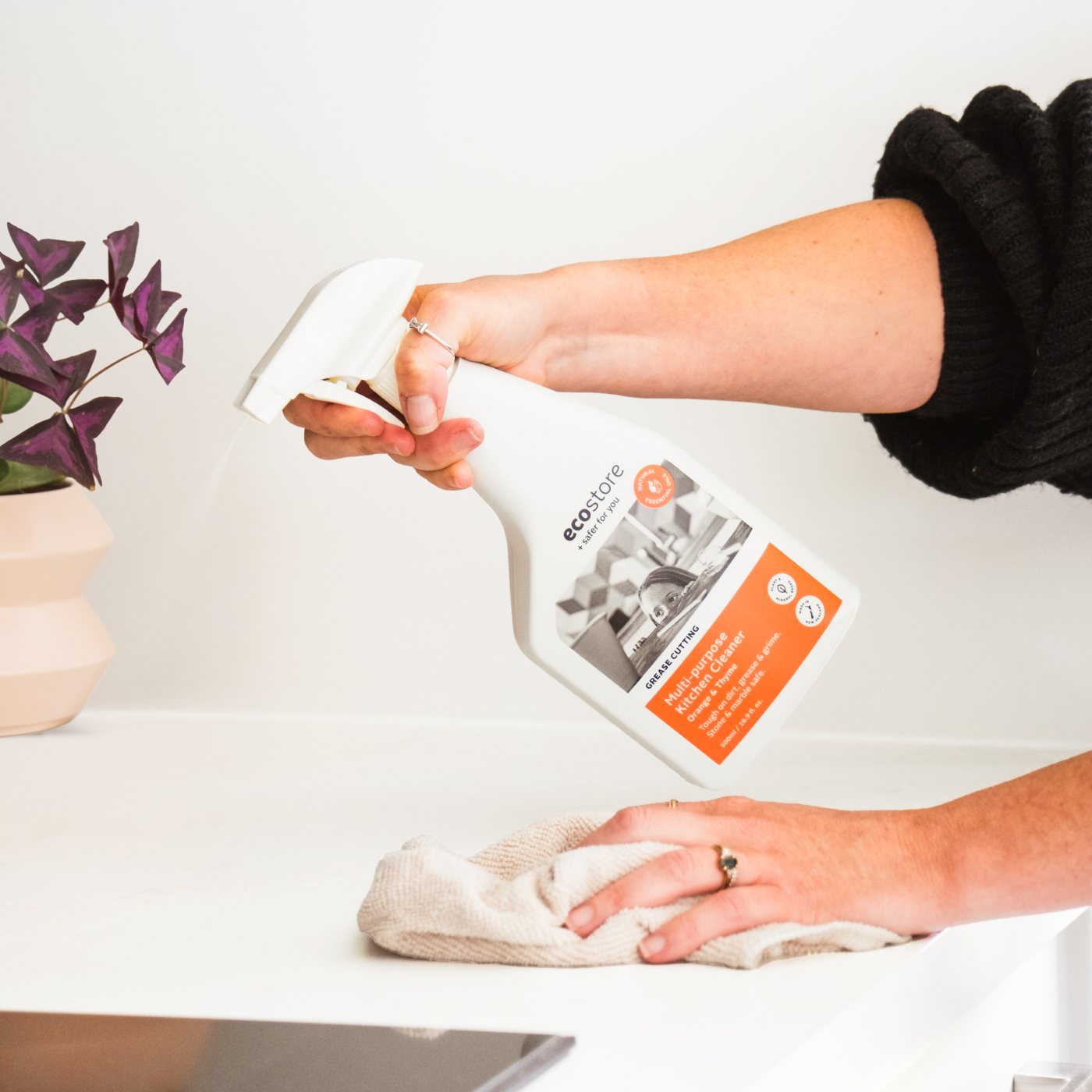With a higher-than-average number of trampers, walkers and general nature lovers among the ecostore team, it’s only natural that many of us have stayed, or plan to stay at magical Awaroa Lodge in Abel Tasman National Park.
Surrounded by regenerated wetlands and native forest, the Lodge – as beautiful and inviting as it is – plays second fiddle to its breath taking, secluded location.
It follows then that we would collaborate with the Lodge to help them make such a special place even more sustainable. Awaroa has recently become the first of its kind in New Zealand to carry full size, refillable ecostore personal care products in our own custom theft-proof dispenser brackets – shampoo, conditioner and body wash – in its guest bathrooms. The Lodge also uses ecostore hand wash and cleaning products throughout.

Operating a Lodge on the edge of a marine reserve, nestled into one of our precious National Parks, and inaccessible by road, presents a unique set of challenges. Ecostore products were chosen as part of the Lodge’s constant drive to reduce its impact on this special, fragile environment, while also encouraging people to come and experience it.
Says Awaroa Lodge General Manager, Julz Glass, “We have spent the last few seasons actively seeking a more sustainable and locally produced option for our guest amenities and housekeeping products, everything that comes into the Lodge must go out again, so being able to bulk refill is important for us.”
“We feel ecostore truly meets the sustainability standards that we are aiming for, and they achieve this beyond our expectations, particularly now that they have also become a Certified B Corporation. This means that they’ve been recognised globally for the highest standards of social corporate responsibility. It was a no-brainer in terms of the synergies with our positioning as an environmentally aware business aiming to reduce our impact on the environment as much as is feasible, given our location.”
His team has a ‘laundry list’ of criteria when it comes to sourcing cleaning and personal care products for the Lodge. Naturally derived ingredients and biodegradable formulations are key, as the Lodge uses a septic wastewater system and borders a marine reserve. Performance and hygiene matter more than ever, in a post Covid world. Packaging is also a major, as everything that comes into the Lodge has to go out again. So bulk refilling is important, as is the circularity of the packaging material. And the Lodge also has a commitment to choose New Zealand made wherever possible.
As the Lodge seeks more ways to shrink its footprint and enhance its corporate responsibility, it’s joined the Tourism Industry Association’s Sustainable Tourism Charter, which challenges operators to take measurable actions.
Julz wants everyone to experience the Lodge for themselves. “It’s paradise right here in New Zealand! At its heart it is a truly Kiwi experience. From its early days it has been an escape that locals and visitors alike can mix and mingle in, in an environmentally conscious setting. Abel Tasman is New Zealand’s smallest and most visited National Park so the call to see your own backyard before exploring the world is never more accessible and current.”
Looking for a low-environmental-impact adventure to reconnect with nature and with each other, and get away from it without roughing it? Awaroa Lodge is an accessible, family friendly utopia. Book your choice of Standard, Family rooms or architecturally designed Superior Suites which extend over the restored wetlands and take in glorious native bush views. Explore some of the myriad local walks or book a guided kayak, relax on famous Awaroa beach or cradle your food baby after feasting on outdoor woodfired pizza in summer.
And Julz has some mindful advice for visitors on how to look after their own local environments once they return home. “Keep this place in mind when you go home. Think of your home as a remote location that needs to bring in everything by boat and take your waste back out the same way. With that in mind consider your shopping and the way you package and store your food. If you had to interact with your waste more than just placing it in the bin, would you reduce the amount you create?”
Read more

As we approach the two year mark of a devastating global pandemic, with no end in sight - it can feel redundant to be setting new goals for the year. I'm exhausted and I'm willing to bet you are to...

Struggling with cravings? For many people trying to manage their weight, dealing with sugar cravings and the urge to overeat anything sweet is a constant, uphill battle. Have you ever noticed that ...

